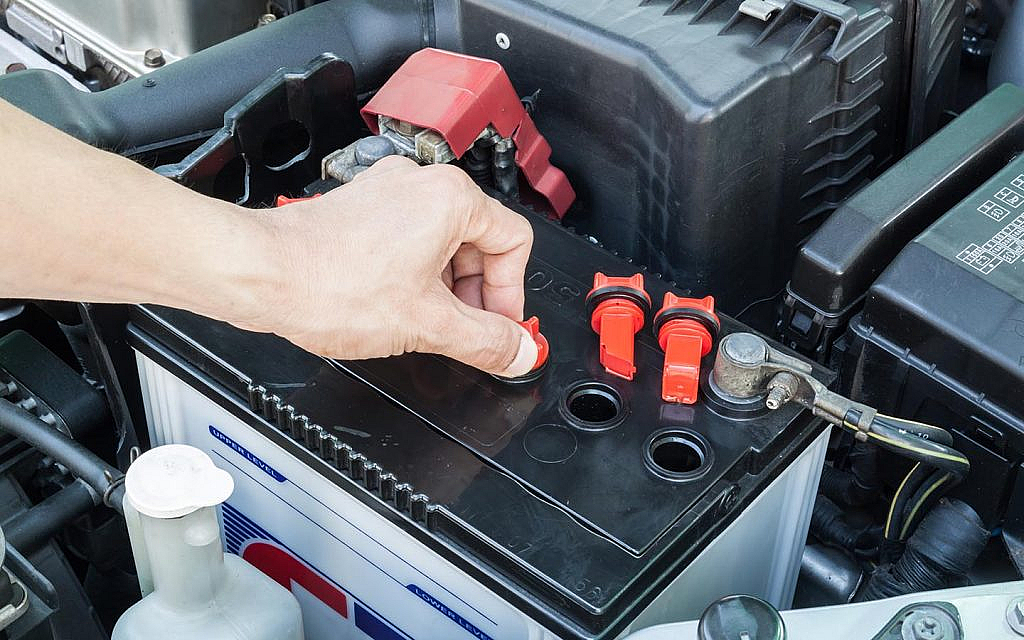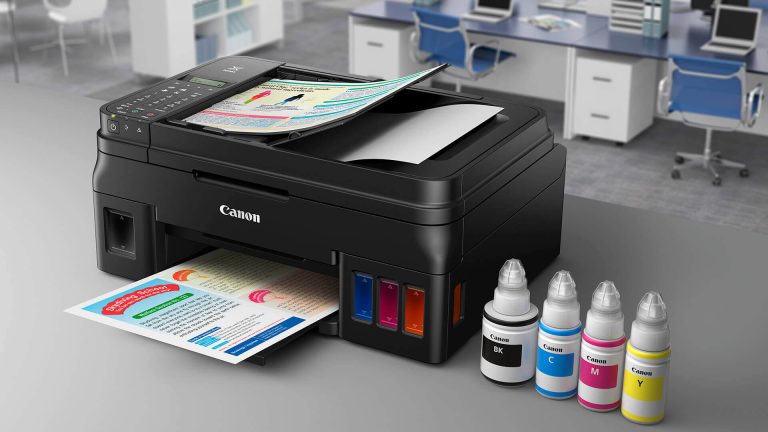
As the world rapidly shifts towards cleaner energy and sustainable technology, lithium Battery Manufacturers have emerged as key players in the global energy transition. From powering electric vehicles to enabling renewable energy storage, these manufacturers are at the forefront of technological innovation and environmental stewardship. The growth and evolution of lithium battery manufacturers represent not only industrial progress but also the growing commitment to a greener future.
The Evolution of Lithium Battery Technology
From Inception to Innovation
Lithium batteries have come a long way since their introduction in the 1990s. Initially used in portable electronics, lithium battery manufacturers have significantly improved the performance, safety, and energy density of these batteries over the years. The transition from lithium cobalt oxide to lithium iron phosphate (LFP) and nickel manganese cobalt (NMC) chemistries reflects the relentless pursuit of efficiency and sustainability.
Meeting Global Energy Demands
The rise of renewable energy sources, such as solar and wind, has created an urgent need for reliable energy storage solutions. Lithium battery manufacturers have stepped in to meet this demand, developing scalable storage systems that ensure consistent energy supply even during peak usage or intermittent generation.
Market Drivers Behind Lithium Battery Manufacturers’ Growth
Electric Vehicles (EVs): A Catalyst for Expansion
One of the primary factors fueling the success of lithium battery manufacturers is the exponential growth of the electric vehicle market. Automakers are investing heavily in electrification, and lithium battery manufacturers are scaling operations to supply high-capacity, fast-charging batteries that meet evolving performance demands.
Government Policies and Incentives
Supportive government policies, tax incentives, and subsidies for clean energy adoption have given lithium battery manufacturers a significant boost. Nations across Europe, Asia, and the Americas are implementing mandates to phase out fossil fuel vehicles and invest in battery manufacturing infrastructure.
Energy Storage Systems (ESS) and Grid Applications
Beyond EVs, energy storage systems for residential, commercial, and utility-scale applications are expanding. Lithium battery manufacturers are diversifying their product offerings to include large-scale ESS, enabling greater grid stability and resilience.
Key Strategies of Leading Lithium Battery Manufacturers
R&D and Innovation
Investment in research and development is a critical success factor. Leading lithium battery manufacturers are innovating in battery chemistry, lifecycle management, thermal regulation, and fast-charging technology to gain a competitive edge.
Vertical Integration
Some top lithium battery manufacturers have adopted vertical integration strategies—owning the entire supply chain from raw materials to finished battery packs. This approach not only reduces dependency on third-party suppliers but also ensures quality control and cost efficiency.
Global Manufacturing Footprint
To meet regional demands and reduce logistics costs, lithium battery manufacturers are expanding their manufacturing presence globally. Gigafactories are being established in North America, Europe, and Southeast Asia, reflecting the scale and ambition of the industry.
Sustainability and Ethical Sourcing
Environmental Responsibility
Lithium battery manufacturers are increasingly focusing on sustainability. From reducing carbon footprints during production to implementing recycling initiatives, manufacturers are actively working to minimize the environmental impact of their operations.
Ethical Material Sourcing
As concerns about child labor and unethical mining practices grow, lithium battery manufacturers are adopting transparent sourcing policies. Certifications, audits, and blockchain technologies are being utilized to ensure the ethical procurement of critical raw materials like lithium, cobalt, and nickel.
Challenges Facing Lithium Battery Manufacturers
Raw Material Supply Chain Constraints
The global demand for lithium and other essential minerals has led to supply chain bottlenecks. Lithium battery manufacturers must navigate geopolitical tensions, resource nationalism, and fluctuating commodity prices to ensure stable production.
Safety and Performance Concerns
While lithium batteries offer excellent performance, issues such as thermal runaway and battery degradation remain concerns. Manufacturers are continuously working to improve battery safety through advanced battery management systems (BMS) and fire-resistant designs.
Intense Market Competition
With new entrants joining the industry, the competition among lithium battery manufacturers has become fiercer. Established players must innovate constantly and optimize operations to retain market share and brand reputation.
Emerging Trends Among Lithium Battery Manufacturers
Solid-State Batteries
Solid-state technology is widely considered the next frontier in battery innovation. Lithium battery manufacturers are investing in research to replace liquid electrolytes with solid alternatives, promising higher energy density, faster charging, and improved safety.
Battery-as-a-Service (BaaS) Models
Innovative business models such as BaaS are gaining traction, particularly in the commercial EV and fleet sectors. Lithium battery manufacturers are offering leasing, swapping, and performance-based contracts that appeal to cost-conscious customers.
AI and Smart Manufacturing
Automation, AI, and data analytics are revolutionizing production. Lithium battery manufacturers are deploying smart factory solutions to improve production efficiency, quality control, and predictive maintenance.
Regional Powerhouses in the Industry
China
China leads the global lithium battery manufacturing industry, home to giants like CATL and BYD. The Chinese government’s support, abundant resources, and robust supply chain ecosystem make it a formidable force among global lithium battery manufacturers.
South Korea and Japan
Samsung SDI, LG Energy Solution, and Panasonic are renowned for high-performance batteries used in EVs and consumer electronics. These manufacturers focus on precision engineering, safety, and long-term reliability.
Europe and North America
Driven by local EV manufacturing and environmental goals, Europe and North America are rapidly catching up. Companies like Northvolt (Sweden) and Tesla (USA) are investing in regional gigafactories to meet growing demand and reduce dependence on Asian imports.
Collaboration and Strategic Partnerships
Automotive Alliances
To ensure supply chain security, automakers are partnering directly with lithium battery manufacturers. These alliances include joint ventures, co-development agreements, and exclusive supply contracts.
Academic and Research Institution Collaboration
Collaborating with universities and research labs allows manufacturers to stay at the cutting edge of battery science. Many lithium battery manufacturers fund academic programs and research projects to accelerate innovation.
Joint Ventures with Mining Companies
To address raw material challenges, some lithium battery manufacturers are forming joint ventures with mining firms. This forward integration secures raw material access and enables better control over costs and sustainability.
Future Outlook for Lithium Battery Manufacturers
Projected Market Growth
According to industry analysts, the global lithium-ion battery market is expected to surpass $400 billion by 2032. Lithium battery manufacturers are preparing to expand capacity to meet the projected surge in demand across EVs, ESS, and consumer electronics.
Focus on Recycling and Circular Economy
Battery recycling is poised to become a major component of the industry. Lithium battery manufacturers are investing in closed-loop recycling systems to recover valuable materials and reduce the need for virgin resource extraction.
Standardization and Regulations
As battery applications grow, the need for international safety, performance, and recycling standards becomes critical. Lithium battery manufacturers will play an active role in shaping and complying with global regulatory frameworks.
Conclusion
The remarkable rise of lithium battery manufacturers reflects a broader transformation in how the world generates, stores, and uses energy. From powering electric vehicles to stabilizing smart grids, these manufacturers are critical enablers of a low-carbon future. Through innovation, strategic partnerships, and a strong commitment to sustainability, lithium battery manufacturers continue to redefine what’s possible in the energy storage industry. As demand accelerates and new challenges arise, the success of lithium battery manufacturers will depend on their agility, responsibility, and ability to lead the charge toward a cleaner, electrified world.



